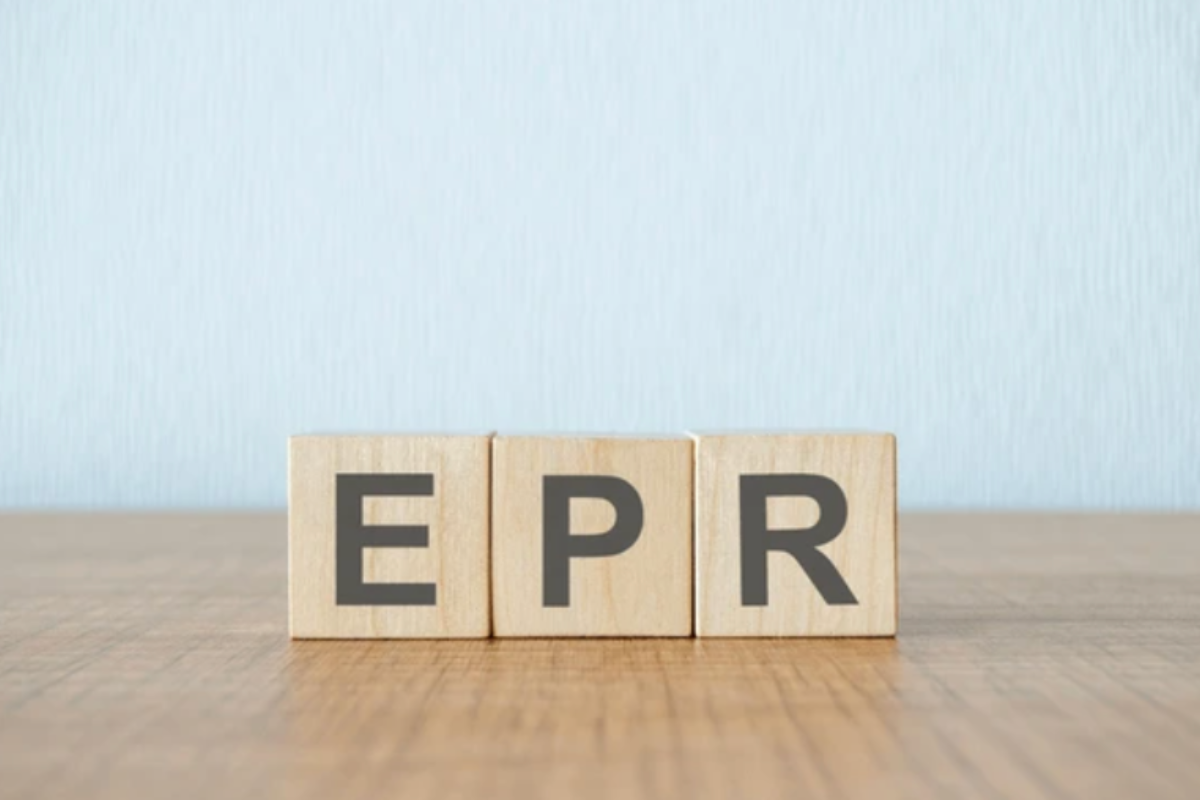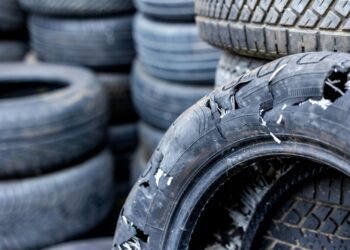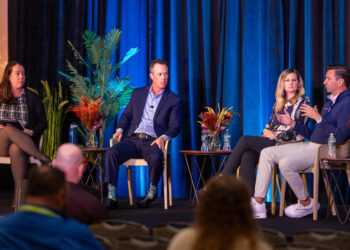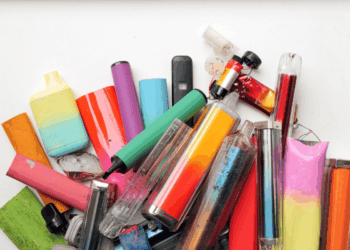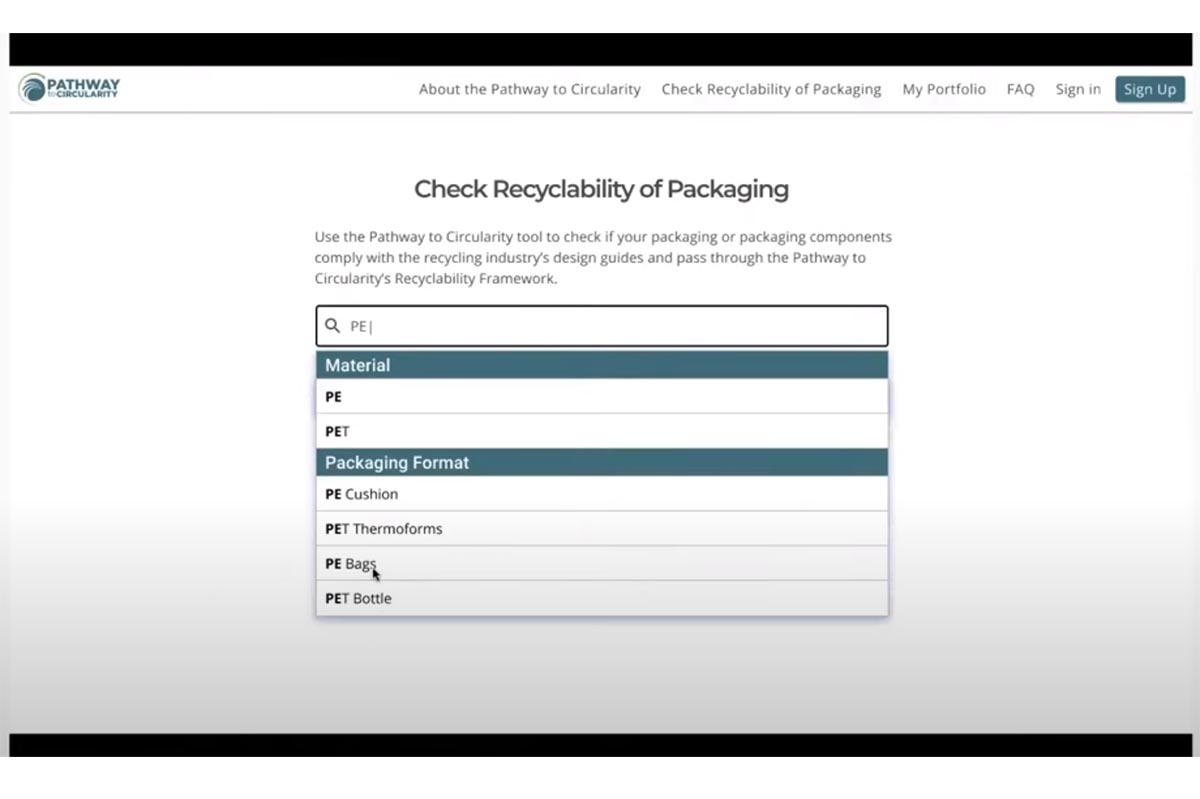Chevron, ExxonMobil, Shell, Valvoline and other petroleum brand owners have formed the Lubricant Packaging Management Association to fulfill their obligations under packaging and household hazardous waste extended producer responsibility laws.
The producer responsibility organization is administered by Interchange 360, Canada-based Interchange Recycling’s U.S. affiliate.
David Lawes, CEO of Interchange Recycling, said the group will look to respond wherever EPR legislation that applies to its members’ products is enacted. So far, Maine, Oregon, California, Colorado and Minnesota have packaging EPR laws, while Vermont passed a HHW EPR law that will cover LPMA members.
“I look forward to bringing my years of experience operating successful and innovative EPR programs in Canada to help develop a national compliance solution that is targeted, efficient, and effective,” Lawes added in a press release.
Founding brands are BP Lubricants USA, parent company of Castrol; Chevron U.S.A.; ExxonMobil; Pennzoil-Quaker State, which is owned by Shell; and VGP Holdings, parent company of Valvoline.
“Based in the U.S., this national, member-based, non-profit organization was developed with a purpose of providing EPR compliance options for its members and supporting the development of circular material management solutions for their petroleum-based and related products and packaging,” according to the press release.
Several of the states mandate that there can be only one PRO at the start of the program, and the Circular Action Alliance has already been selected as PRO in Oregon, California and Colorado.
Lawes said LPMA is working with CAA to coordinate, as often petroleum product packaging is better collected separate from food-grade packaging to reduce potential contamination by residual product.
LPMA has also filed a notice of intent to run an individual collection program in Colorado, allowed by the state’s EPR law.
“We will need to have a relationship with CAA everywhere on some level on doing some things, but I don’t see it as a competing relationship, I see it as a complementary relationship,” Lawes said.







